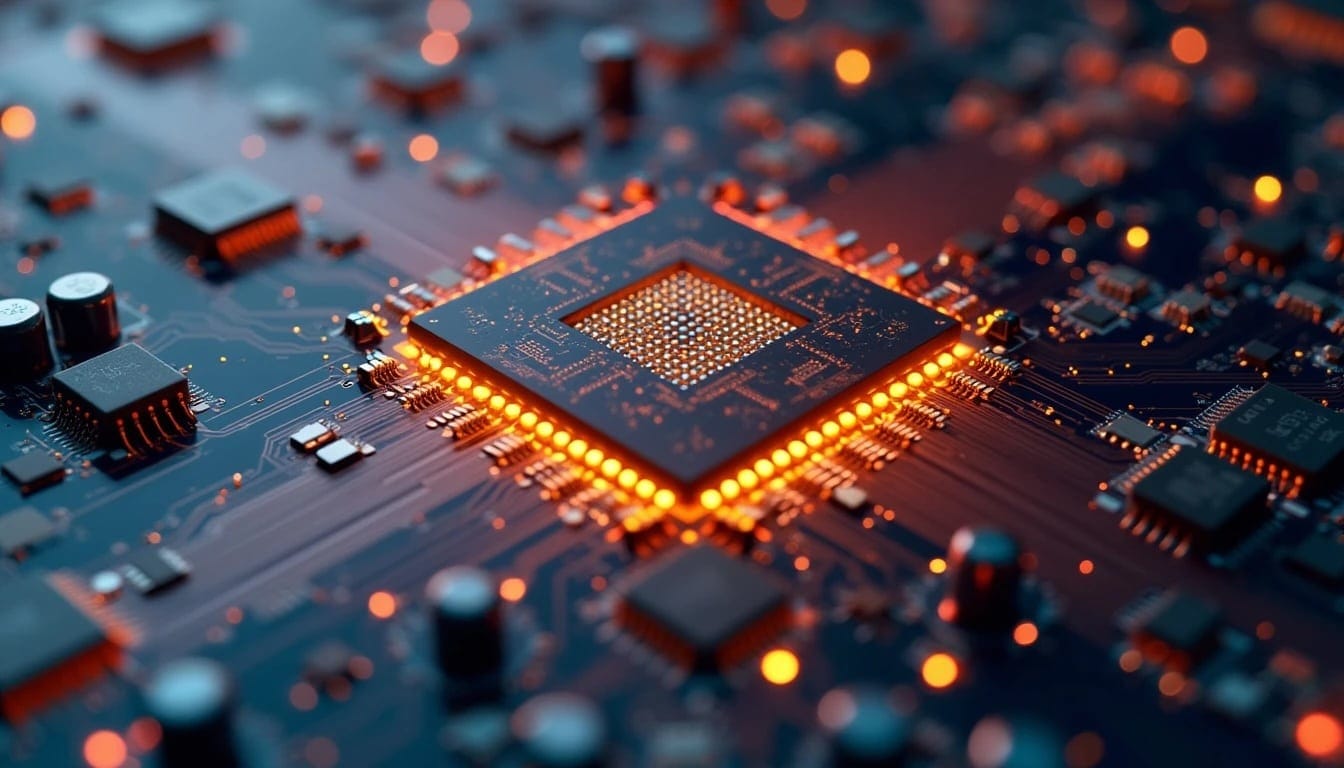The fintech giant Ant Group, backed by Alibaba, has announced a significant breakthrough in the development of artificial intelligence models by successfully training one of its systems using domestically manufactured semiconductors. According to Bloomberg, the company has utilized chips developed by Alibaba and Huawei to train its AI model, achieving performance levels comparable to those obtained with the well-known Nvidia H800 GPUs.
The most notable achievement is a 20% reduction in costs compared to the use of Nvidia hardware, a milestone that reinforces the strategy of Chinese companies to reduce their dependence on foreign technology, especially at a time when sanctions imposed by the United States make access to Nvidia’s most advanced chips more difficult.
While Ant Group continues to use Nvidia GPUs for certain development tasks, the company has ramped up the use of alternatives, including processors from AMD and Chinese manufacturers, to train its latest models. This strategic shift is part of a broader movement within the Chinese tech industry, which seeks to strengthen technological self-sufficiency and respond to international restrictions.
Ant Group’s success adds to other recent advancements in the field of artificial intelligence in China, such as the case of DeepSeek AI, which recently surpassed OpenAI’s GPT-4 model in some performance tests. These milestones confirm the growing potential of the AI ecosystem in the Asian country, fueled by strong investment in developing proprietary hardware and software.
Although specific details about the chips used have not been disclosed, reports indicate that Huawei’s Ascend series and AI processors designed by Alibaba have played a key role in this progress. The ability of other Chinese companies to replicate these results could accelerate the country’s ambitious plans to reduce its technological dependency.
However, the big question remains whether these domestic chips will be able to compete in the long term with Nvidia’s offerings in terms of performance, scalability, and ecosystem support. Nevertheless, this step represents a significant advancement in China’s pursuit of technological autonomy in a strategic sector that will be key to global competitiveness in the coming years.
Investing in the development of domestic semiconductors has become a priority for the Chinese tech industry, which aims to demonstrate that national alternatives are not only viable but also competitive against Western giants.
via: Tom’s Hardware

